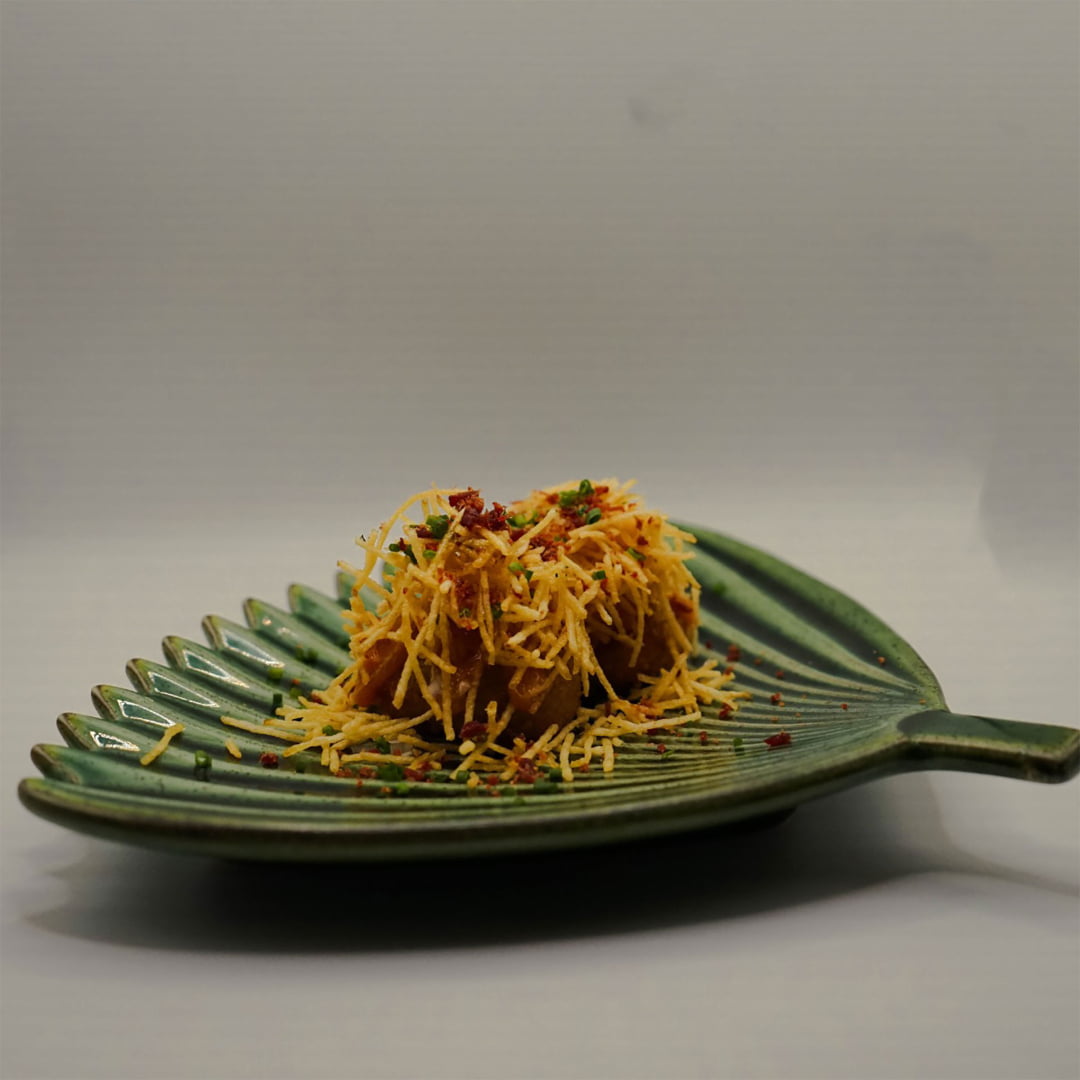Sustainable fashion in focus: growing environmental awareness and the pandemic that transformed trends
More than half of those responsible for sustainability at textile and apparel brands have seen an increase in consumer demand for environmentally sustainable practices and products since the start of the Covid-19 pandemic.
A study by the US Cotton Trust Protocol, which aimed to measure the impact that the pandemic had on the international sustainability calendar of the main fashion brands and retailers, as well as on businesses related to the textile sector, concluded that requests for environmental actions and greener products had a significant growth with COVID-19 and 42% stressed that consumers are more expressive in these demands and that they may no longer have the Range of preferences for a particular brand if it does not meet your sustainability criteria.
“It is clear that Covid-19 has brought economic challenges in the supply chain, but this study shows that companies and customers remain focused on sustainability,” says Dr. Gary Adams, president of the US Cotton Trust Protocol, quoted by the just-style.com.
With the emergence of the virus, some companies put the topic of sustainability on the back burner, while others remained focused on the primary goal. About 9% have interrupted initiatives in this direction, however most companies continue to move towards a more sustainable business model through production, origin of raw materials and traceability. Improving transparency in environmental reporting, boosting sustainability in sourcing and aligning existing programs with sustainability protocols and standards are some of the actions that the companies surveyed are implementing in sustainability programs. Establishing external partnerships until companies are again able to reinvest in innovations is also part of the measures implemented.
Handicrafts as Cultural Identity
Portuguese handicrafts and the work of artisans are intrinsically linked to popular culture and are very characteristic of rural areas, where traditions continue to be transmitted orally from generation to generation.
Each region has its typical handicrafts, according to the life of the local communities, thus becoming part of the cultural identity of a people and contributing to the social cohesion and economic development of the regions.
In the heritage of Portuguese handicrafts, embroidery, lace, tapestry, weaving, jewellery, basketry and painted ceramics stand out.
In recent decades, as a result of a dialogue with design, urban craftsmanship has associated traditional manual production with a more current image adapted to modern taste. There are now many artisans who run small businesses and supply the growing demand for these products, as well as shops specializing in national handicrafts. The “handmade” label in Portugal gives these pieces the guarantee of quality, which gain increasing recognition in international markets.
That is why it is so important to preserve and dignify the artisan and artisanal activities, through the qualification of its workers and the transfer of knowledge.
As a heritage and cultural heritage of Portuguese identity, handicrafts should be treated as a sector of activity of inestimable value.













